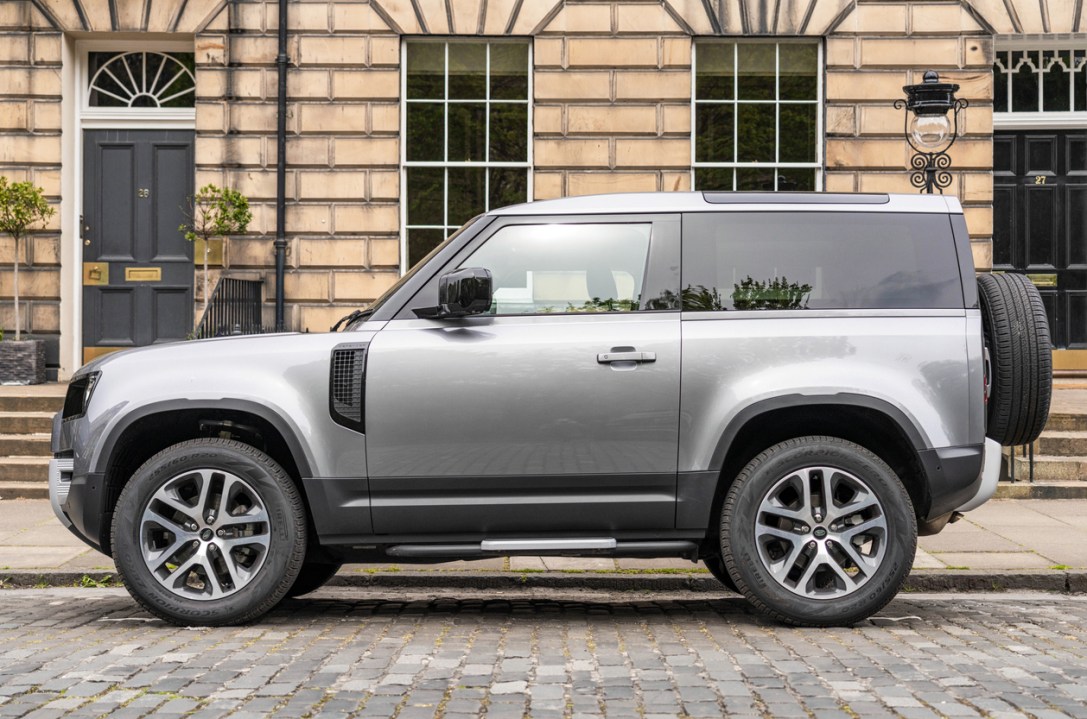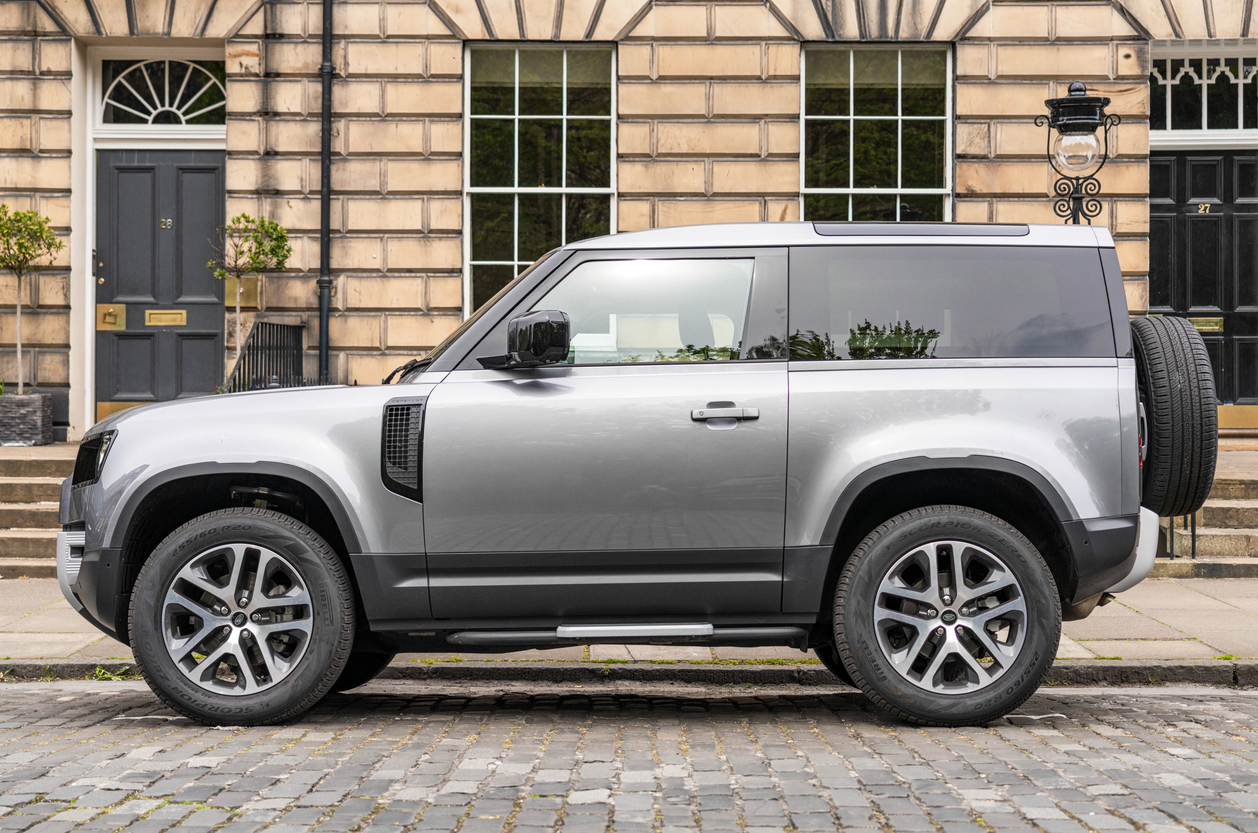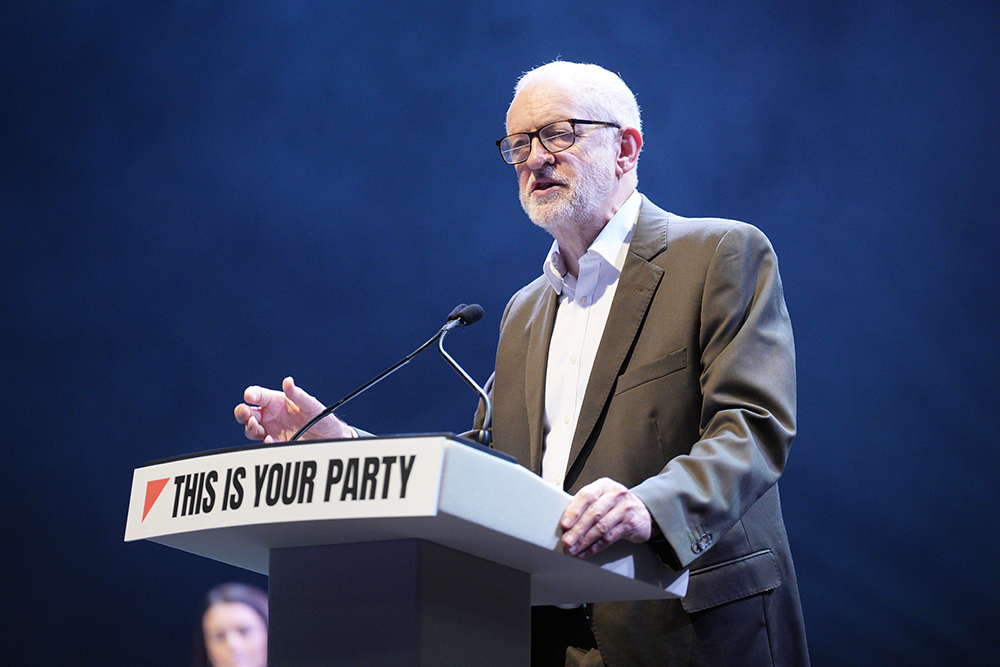I’m not usually in favour of money-grasping councils, but I will make one exception: I’m afraid I am not on the side of the SUV drivers of Cardiff who are bleating about having to pay higher parking charges. Under new rules introduced by the Labour-run council – and likely to be copied elsewhere – drivers of vehicles which weigh more than 2.4 tonnes will have to pay extra for a parking permit, and drivers of cars weighing more than 3.6 tonnes will be refused parking permits altogether.
How much extra has yet to be decided – the council has so far voted in favour of the principle of charging more – but the cost of a parking permit in Cardiff is currently just £35 a year. Compared with the cost of renting somewhere to live, that is a ludicrously good deal.
At last a council is taking a potshot at SUVs. Why shouldn’t they be charged extra, given that they take up more road space and cause more damage to the roads? That is what would happen were market forces to be involved. If you want to rent a 1,000 sq ft flat, you expect to pay more than you would for a 500 sq ft flat. If you want an extra-large hotel room, you pay more for that as well. It is absurd that a Range Rover driver expects to be able to occupy a far larger portion of valuable city road space for the same price as the driver of a Fiat 500.
SUVs are a curse on our cities. They no longer fit parking spaces and they no longer fit the roads. Streets which once seemed pleasantly wide now seem impossibly cramped – and all thanks to the over-sized vehicles trying to drive along them and park in them. In many cases they end up being parked on the pavements – a practice which Labour seems too pathetic to ban, in spite of promising to do so and in spite of it having been banned in London for the past 51 years.
Electric cars, especially, have been getting a free ride for years. Until this April you could drive a three-tonne electric vehicle without paying any road tax and just 5 per cent VAT on the electricity if you charged it at home. It is little wonder that we end up with potholed streets when drivers are being incentivised to drive heavier vehicles and, in many cases, contribute next to nothing to road maintenance. SUVs are making it ever harder to justify allowing cars into our cities at all. If you want to hasten the day when you won’t be allowed to drive into town at all, go ahead and buy an SUV.
But Cardiff’s modest proposal isn’t really going to deal with the curse of SUVs. Does anyone really think that motorists will downsize their three-tonne cars if, say, a £35-a-year parking permit was doubled to £70?
SUVs are a curse on our cities. They no longer fit parking spaces and they no longer fit the roads
We should be having a complete rethink on charging for use of space in our cities. Councils charge the earth for council tax – and that is on top of what you pay in rent or a mortgage. Yet for just £35 a year Cardiff residents are being allowed to occupy several square metres of road space all year round. Residents might claim that they are paying for their parking permits through their council tax, but they are not. Many residents in urban areas do not have a car and so have no use for a parking permit – while their neighbours might have two SUVs parked in the street. Car-free households are massively subsidising car-owning ones.
That could be put right by slashing council tax and transferring the burden to occupiers of road space. Council tax should be replaced with a land tax which is applied to road space as well as private space. Moreover, people who use parking permits should be paying commercial rent as well – just as they would if they were using a private car park. And that rent and land tax should be proportional to the space occupied by your car.
Motorists, especially SUV owners, would bleat – but no government should be afraid of the political consequences, as there would be far more gainers if the extra revenue were used to cut council tax.








Comments